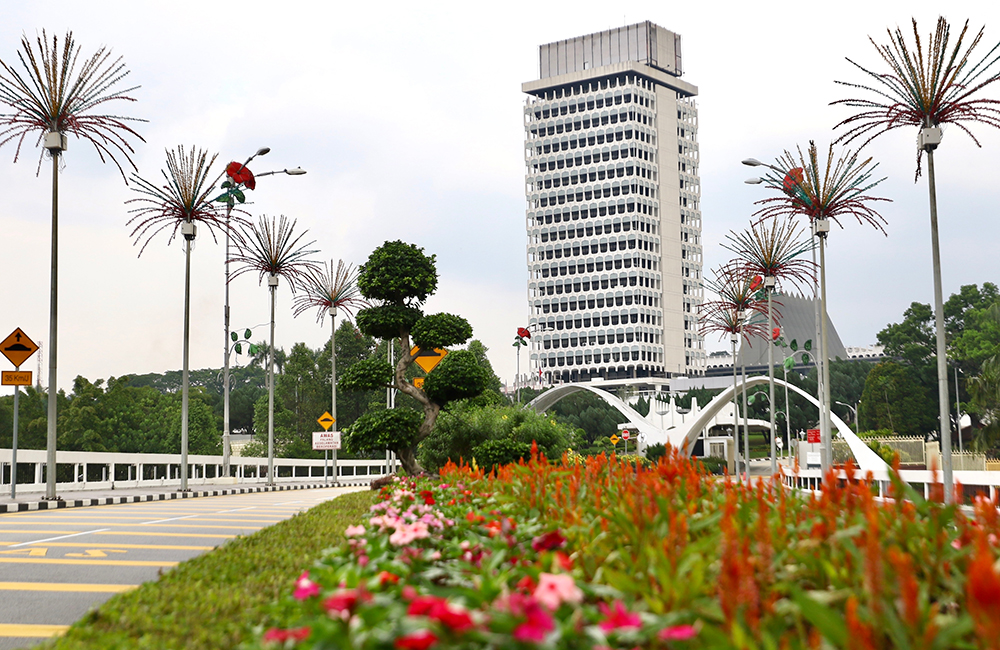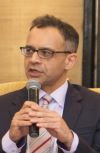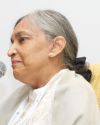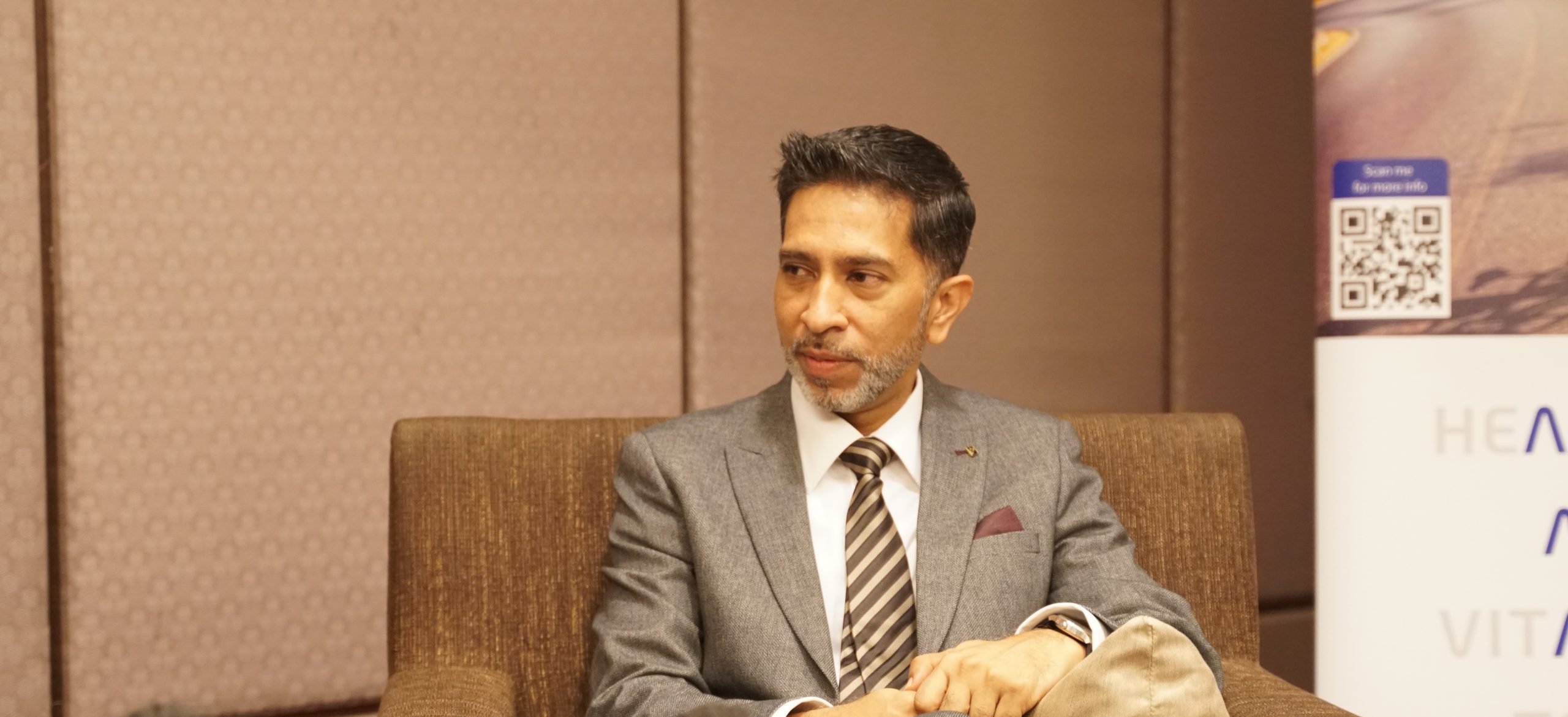WORDS MUHAMMAD ZAID ZAINUDDIN
 FEATURED EXPERT FEATURED EXPERTMUHAMMAD ZAID ZAINUDDIN Lecturer (Anatomy) Centre of Preclinical Science Studies Faculty of Dentistry Universiti Teknologi MARA (UiTM) |
IN RECENT NEWS
In November 2023, the Dewan Rakyat passed the Control of Smoking Products and Public Health Bill.
The Bill aims to regulate the sale and purchase of tobacco products, smoking materials, tobacco substitute products, and smoking devices, which includes smoking products such as electronic cigarettes or vape.
Though the passing of the bill is a positive step for the country’s public healthcare system and future generations, it has left members of the parliament and public health experts outraged.
WHY THE OUTRAGE?
The passed Control of Smoking Products and Public Health Bill is a watered-down version of the ambitious proposal initiated by our former Minister of Health, Khairy Jamaluddin.
The previous bill, dubbed the “Generational Endgame Bill”, proposed to prohibit persons born on or after 1 January 2007 from purchasing and smoking tobacco products, substitute tobacco products and smoking substances which includes e-cigarettes and vapes.
The bill passed in November 2023 removed this bold clause that would give rise to a smoke-free Malaysian generation in the future.
WHAT WOULD HAPPEN IF THE GENERATIONAL ENDGAME BILL WAS PASSED IN ITS ORIGINAL PROPOSED FORM?
In terms of impact on healthcare, the proposed Generational Endgame policy would ban smoking and vaping for those born in 2007 and onwards for the rest of their lives.
Ideally, this will create a smoke-free generation in the coming decades and save north of RM6 billion ringgit per year in terms of healthcare expenditure in the years to come.
This is stipulated by 2020 data, whereby the country had spent RM6.2 billion to treat three major diseases caused by smoking; lung cancer, heart disease, and chronic obstructive pulmonary disease. This cost was estimated to increase to RM8.8 billion by 2030 and will increase further if smoking had not been curbed.
THEN, WHY WAS THE GENERATIONAL ENDGAME CLAUSE DROPPED?
The Generational Endgame clause was dropped after considering the views from the Attorney-General’s Chambers, who claimed potential constitutional arguments.
The clause is unconstitutional.
In brief, the passing of the bill would create unequal treatment under the law between persons born before 1 January 2007, and individuals born after.
This is contradictory to Article 8 (1) of the Federal Constitution, which states that every person shall be equal under the law and have equal protection of the law.
The proposed bill would be unconstitutional as it would create two sets of laws for two different groups of citizens based on age.
Socio-economic impact on Malaysians.
An assessment of Malaysia’s Generational Endgame Policy by Oxford Economics, published in September 2023, states that the policy would be unlikely to deliver a reduction in healthcare costs. This is because future smokers would switch to illicit products.
This is on the basis that Malaysia has one of the largest illicit tobacco problems globally, with an estimated 57% of all cigarette sales in 2022 occurring through illicit channels.
An argument against the bill claims that a total ban of tobacco products would just expand the illicit tobacco market.
Impact on the economy.
The report also estimates that the legal tobacco industry in Malaysia currently supports a RM983 million contribution to the country’s GDP, RM3.3 billion in tax receipts, and 7,940 jobs.
A total ban of tobacco products would decrease these economic benefits on top of having to sustain an expensive expenditure on policy implementation, public communication, and enforcement programmes in addition to efforts needed to control the expanding of illicit markets.
IS THIS THE END OF THE GENERATIONAL ENDGAME POLICY?
Absolutely not!
The passing of the current bill is a small step forward toward achieving the Generational Endgame policy.
Though not banning the selling of tobacco products in its entirety, the Control of Smoking Products and Public Health Bill protects the younger generation from modern smoking devices, a rampant disease amongst our teenage youths.
The bill prohibits the sale and purchase of tobacco products, smoking materials, or substitute tobacco products as well as the provision of any services for smoking to under 18-year-olds, ultimately curbing the increase of smoking and vaping habit amongst children and teenagers.
IN CONCLUSION
Though our healthcare workers and policy makers are working hard to curb the rise of smoking and vaping, it is of the highest importance to maintain public awareness of the dangers of smoking and vaping. Such public awareness should be promoted and reiterated from generation to generation.
References:
- Bernama. (2023, December 7). Experts: Anti-smoking bill first step towards a smoke-free generation. NST Online. https://www.nst.com.my/news/government-public-policy/2023/12/987431/experts-anti-smoking-bill-first-step-towards-smoke-free
- Choy, N.Y. (2023, November 23). Health minister pledges to table Generational Endgame bill on tobacco before the end of Parliament sitting. The Edge Malaysia. https://theedgemalaysia.com/node/690959
- Harun, H. N. (2023, November 28). GEG dropped due to constitutional arguments – Dr Zaliha. NST Online. https://www.nst.com.my/news/government-public-policy/2023/11/984010/geg-dropped-due-constitutional-arguments-dr-zaliha
- Cabello, K. (2023, October 6). An assessment of Malaysia’s ‘Generational Endgame Policy’. Oxford Economics. https://www.oxfordeconomics.com/resource/gegmalaysia/









